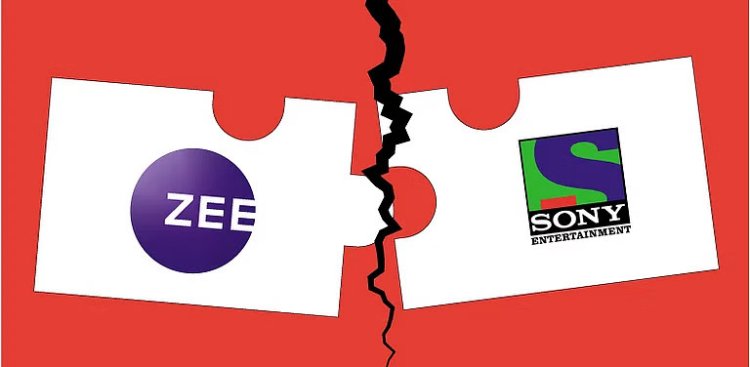Phantom Studios' Bid to Enforce Zee-Sony Merger Dismissed by Bankruptcy Court
Phantom Studios' attempt to enforce the Zee-Sony merger was dismissed by the Mumbai bankruptcy court as the companies’ boards had withdrawn the scheme.

In a significant development, the Mumbai bench of the National Company Law Tribunal (NCLT) has dismissed an application by Phantom Studios India (PSIPL), which sought to enforce a merger scheme between Zee Entertainment Enterprises Limited (ZEEL) and Sony Group companies Bangla Entertainment Private Limited (BEPL) and Culver Max Entertainment Private Limited (CMEPL). This decision aligns with the fact that both companies’ boards had already withdrawn the proposed merger scheme, rendering the shareholder’s attempt to revive it moot.
Initially, the merger between ZEEL and Sony Group was designed to create a major entity in India’s entertainment sector, leveraging combined resources and strategic synergies. However, recent developments led to the boards of both entities withdrawing the scheme, signaling a mutual decision to abandon the merger.

Phantom Studios, formerly known as Mad Man Film Ventures, holds a minor stake in Zee Entertainment, amounting to approximately 1.3 million shares valued at ₹50 crore. Seeking to enforce the scheme despite the withdrawal, Phantom filed an application with the bankruptcy court, aiming to push forward with the merger against the wishes of the boards. However, the court ruled that Phantom’s rights as a minor shareholder lapsed when the board approved the scheme’s withdrawal. Therefore, any attempt to enforce the merger was deemed invalid and without legal standing.
The NCLT clarified that a shareholder's enforcement rights are only valid prior to the withdrawal by the respective boards. Phantom Studios, holding a minority position in Zee, was seen as having limited influence over major corporate decisions once the board had made its choice. The tribunal stated that any attempt to enforce the merger after board approval of withdrawal does not hold legal grounds.
The dispute between the companies has now concluded through a non-cash settlement, bringing an end to the uncertainties surrounding the merger. The agreement effectively closes all outstanding conflicts, allowing both companies to move forward independently, without further interference. This non-cash resolution underscores the desire of the parties to resolve disputes amicably without prolonged litigation.

 Deepanjali
Deepanjali 










